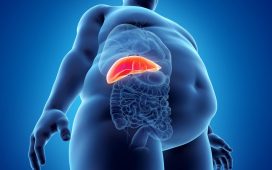However, soy consumption in U.S. children is low
By Lori Solomon HealthDay Reporter
TUESDAY, July 16, 2024 (HealthDay News) — School-aged children who consume more soy foods may have improved thinking and attention, according to a study presented during NUTRITION 2024, the annual meeting of the American Society for Nutrition, held from June 29 to July 2 in Chicago.
Ajla Bristina, from University of Illinois Urbana-Champaign, and colleagues examined the relationship between habitual soy isoflavone consumption and cognitive abilities in school-aged children. The analysis included data from 128 children (aged 7 to 12 years).
The researchers found that total isoflavones were negatively related to flanker incongruent reaction time (rho = −0.22). There was a positive association between total isoflavones and incongruent FPZ P3 mean amplitude measured from electroencephalographic activity (rho = 0.22). There was no significant association seen for total isoflavone intake and general intellectual ability.
“The children in our study consumed an average of 1.33 mg of isoflavones per day, which while relatively low, aligns with previously reported values for the United States,” Bristina said in a statement. “Soy consumption for individual participants ranged from 0 to 35 mg/day. To put this into perspective, an 8 fl oz serving of soy milk provides about 28 mg of isoflavones, a serving of tofu provides about 35 mg, and half a cup of steamed edamame provides about 18 mg of isoflavones.”
Copyright © 2024 HealthDay. All rights reserved.








